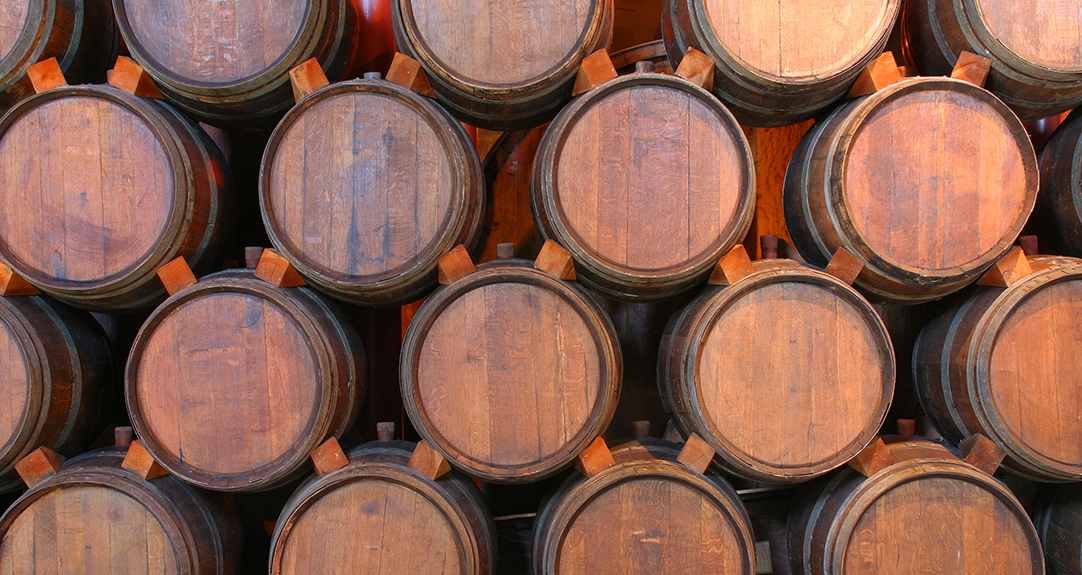Coverage, On Tap
Drinking in the benefits of beverage insurance October 2023Photo: iStock.com/YinYang
When an incident happens and there’s a need to file an insurance claim, it’s not a good time to discover a coverage gap—at that point, it’s too late. If insurance isn’t enough to cover expenses, they’re coming out of pocket.
Unfortunately, this situation is not uncommon in the beverage industry. In my experience, craft beverage owners often call insurance agents and ask for a wine policy, expecting it to have everything they need. However, it’s important to ask questions to make sure a policy has the right coverage. Otherwise, the resulting coverage may have holes.
Beverage insurance aims to ensure that restaurants, bars, caterers, wineries and others who serve alcohol have the right insurance coverage to protect their investments, collections and businesses. Here’s a look at the different types of beverage insurance and how it can protect people who serve, make or distribute alcohol.
Protection From Natural Disaster
Craft beverage insurance is predominately for producers of craft beverages. It covers many aspects of the manufacturing, storage, serving and buying of alcohol. Craft beverage insurance can protect makers from the destruction of their bulk or finished wine or beverage due to fire, earthquake or other peril. Obtaining earthquake insurance on buildings and wine is essential since, in my experience, most major storage facilities do not cover the wine itself.
Recover From Leaks, Contamination, Spoilage
Craft beverage insurance can protect beverages from leakage, contamination or spoilage during manufacturing or transportation. Thousands of dollars can be lost if a tank leaks or a barrel falls and breaks. I know one winemaker who stored their estate wine in a metal tank the night before bottling. A valve failed overnight, and $280,000 disappeared down the drain, with no money recovered.
Other examples demonstrating the necessity of beverage insurance include a small piece of metal falling into a tank and contaminating wine and a roof falling on a winery’s barrel room and exposing it to high temperatures. Forklifts poking holes through tanks, barrels and windows are common, as are punctured or dropped plastic bins.
Adequate coverage for these incidents is crucial. Without it, these scenarios can quickly put a winery out of business.
Other Protection
Even the most careful winemakers sometimes blend the wrong wines. When their insurance doesn’t cover the blending process, it’s infuriating and sad to see them lose all that hard work. Craft beverage insurance also can shield buildings owned, such as production facilities or tasting rooms, and equipment, such as tanks. Even mistakes on labels can be covered.
Liability Coverage
If businesses serve alcohol, they must have insurance to protect themselves and their assets from people who drink too much. Restaurants and bars that serve alcohol incur liquor liability.
Insurance helps mitigate this risk. For example, liability coverage will help someone facing an over-serving lawsuit filed by a plaintiff injured due to drunk driving. Insurance companies can build protection into a comprehensive policy or a separate liquor-liability policy covering the alcohol a proprietor serves.
Beverage insurance also can protect businesses from other forms of liability, such as medical and employee practices liability. The latter is a big deal in the current economy since employers risk being sued for not hiring or firing someone.
Business Income and Personal Property Insurance
Every business depends on its income, so including business income coverage in a beverage insurance policy is usually a good idea, in my opinion. If the unexpected interrupts business operations, the business can be assured of a steady cash flow.
Finally, enthusiasts’ private collections of wine or other spirits often can be insured through a personal property policy like a homeowners’ or renters’ policy. Stand-alone policies also are available.
How to Find the Right Insurance
One bad claim and a winery or other business can go bankrupt. That’s why getting an insurance policy that will protect fully is essential, in my opinion. Those seeking insurance should identify agencies specializing in the area to be insured and ask them questions to make sure they understand how alcohol is valued and the operation runs. Interview the agent, and if they don’t seem to get it, move on to the next possibility.
No one wants to be that person who loses it all because a generic policy didn’t cover everything they needed. Ask questions, find someone who knows what they are doing and make sure your investment is adequately protected.
Statements of fact and opinions expressed herein are those of the individual authors and are not necessarily those of the Society of Actuaries or the respective authors’ employers.
Copyright © 2023 by the Society of Actuaries, Chicago, Illinois.

